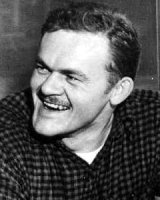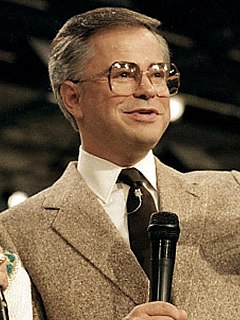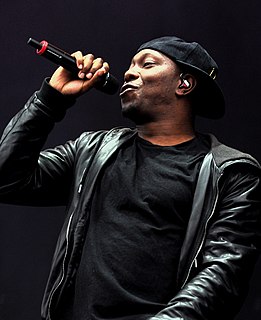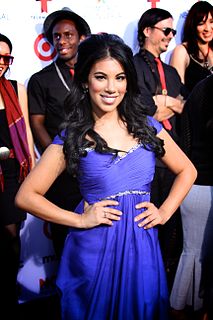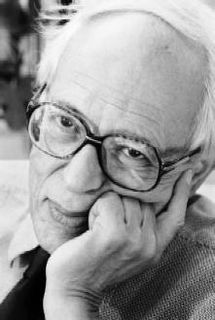A Quote by Norman Mailer
Everything wrong with America led to the point where the country built that tower of Babel, which consequently had to be destroyed. And then came the next shock. We had to realize that the people that did this were brilliant. It showed that the ego we could hold up until September 10 was inadequate.
Related Quotes
Up until then it had only been himself. Up to then it had been a private wrestle between him and himself. Nobody else much entered into it. After the people came into it he was, of course, a different man. Everything had changed then and he was no longer the virgin, with the virgin's right to insist upon platonic love. Life, in time, takes every maidenhead, even if it has to dry it up; it does not matter how the owner wants to keep it. Up to then he had been the young idealist. But he could not stay there. Not after the other people entered into it.
Before Bin Laden did everything but advertise. Yet he had to blow up the Twin Towers just to get the attention of anyone outside the intelligence community. So what did we do? We invaded the wrong country, killed the wrong madman, and too often used the wrong interrogation techniques on the wrong people-all because our leaders lost contact with the truth.
The more I studied the Bible, however, I had to admit that the prosperity message did not line up with the tenor of Scripture. My heart was crushd to think that I led so many people astray. I was appalled that I could have been so wrong, and I was deeply grateful that God had not struck me dead as a false prophet.
In the nineteenth century some parts of the world were unexplored, but there was almost no restriction on travel.:; Up to 1914 you did not need a passport for any country except Russia.:; The European emigrant, if he could scrape together a few pounds for the passage, simply set sail for America or Australia, and when he got there no questions were asked.:; In the eighteenth century it had been quite normal and safe to travel in a country with which your own country was at war.
There was sort of a negative association with the military. Maybe growing up in the South or being in a family with members of the military, I didn't have that negative connotation, but I did have this 'separate' connotation. I was ashamed to realize I had it and did not realize I had it until I was [in Iraq]. I was so impressed by the people I met over there and there was just a sense of connection and gratitude towards those people.
There's no point going to a country which is torturing people to ask them to stop if they can point out that the United States is doing it too. It enormously weakens the argument. Back in the early days of the Bush administration, PEN made a decision that we would try and make human rights issues and civil rights issues in this country part of the priority, and not just international issues, which had more or less been the priority up until then.
When they got here, when they successfully emigrated - and not everybody that came through Ellis Island was accepted. If you were sick you were not allowed in. If you had any kind of a disease, we were in the process of trying to wipe out all these diseases. We did that by keeping people who had them out of the country. You might look at it today as, "Wow, that was really mean." No. It was putting America first. It was putting the American people first, and it was a realization that we can't take everybody.
The atom bomb fueled the entire world that came after it. It showed that indiscriminate killing and indiscriminate homicide on a mass level was possible ... whereas if you look at warfare up until that point, you had to see somebody to shoot them or maim them, you had to look at them. You don't have to do that anymore.

